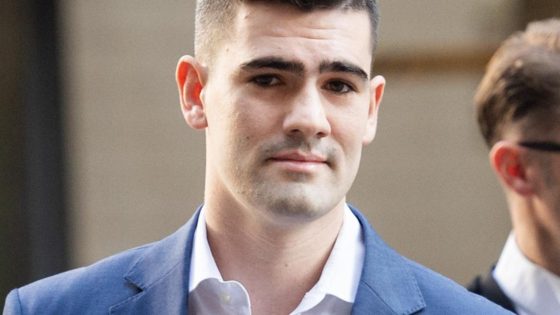A popular obesity drug may help treat a dangerous disorder in which people struggle to breathe while they sleep, a new study finds.
Tirzepatide, the medication in the weight-loss drug Zepbound and also the diabetes treatment Mounjaro, appeared to reduce the severity of sleep apnea along with reducing weight and improving blood pressure and other health measures in patients with obesity who took the drug for a year.
Eli Lilly and Co., the drug’s maker who paid for the research, has asked the Food and Drug Administration to expand use of the drug to treat moderate to severe sleep apnea, in which people stop and start breathing during sleep, a spokesperson said Friday. A decision is expected by the end of the year.
But an outside expert cautioned in an editorial that more research will be needed to tell if the drug can be used as “a sole treatment” for obstructive sleep apnea, which occurs when tissue in the throat relaxes and collapses during sleep, fully or partially blocking the airway. It affects an estimated 20 million Americans and can cause short-term issues such as snoring, brain fog and daytime sleepiness but also severe long-term issues such as heart disease, dementia and early death.
The research, published Friday in the New England Journal of Medicine and presented at a medical meeting, included nearly 500 people diagnosed with obesity and sleep apnea. Half of them used what’s typically known as a CPAP machine that feeds oxygen through a mask to keep airways open during sleep. The other group included people for whom a CPAP machine had failed or wasn’t tolerated.
The study found that patients in both groups who got weekly injections of tirzepatide reduced the number of episodes per hour in which their breathing slowed or stopped completely during sleep by about half to nearly 60%, compared to about 10% in people who got a dummy drug. Up to half of the patients taking tirzepatide reduced the apnea episodes enough to potentially resolve the disorder, compared with up to 16% of those using the placebo medication, according to the research.
On average, patients who took tirzepatide also lost between 18% and 20% of their body weight and showed improvements in blood pressure and a condition in which blood oxygen drops during sleep. Patients also reported better sleep and fewer sleep disturbances, the study found.
The new research shows that tirzepatide is “a more effective knife in the drawer,” for treating sleep apnea, said lead author Dr. Atul Malhotra, a sleep medicine specialist at the University of California, San Diego.
In an accompanying editorial, Dr. Sanjay Patel, a sleep medicine specialist at the University of Pittsburgh, cautioned that whether tirzepatide can treat sleep apnea in real-world patients “remains unclear” because of the way improvement is measured. He also noted that cost and access remain obstacles to using tirzepatide and that the addition of the drug as a treatment could exacerbate racial and other disparities in addressing sleep apnea.
Dr. Paul Peppard, a sleep medicine researcher at the University of Wisconsin who was not involved in the study, said losing weight has long been recommended as a way to reduce the severity of sleep apnea by expanding lung capacity, reducing fat in the airways and improving oxygen usage. While diet and exercise can spur weight loss and reduce the consequences of the disorder, the ongoing obesity epidemic in the U.S. proves that shedding pounds is difficult for many people, he said. In such cases, medications such as tirzepatide can help.
“I expect that these drugs could be used as a tool to treat many of the established outcomes of obesity,” Peppard said.
___
The Associated Press Health and Science Department receives support from the Howard Hughes Medical Institute’s Science and Educational Media Group. The AP is solely responsible for all content.
Source Agencies


